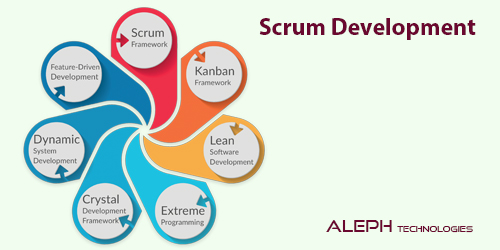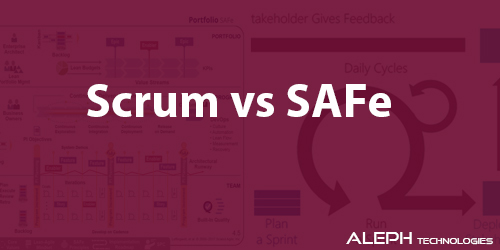Unleashing Career Potential with Scrum Master Certification
In the ever-evolving landscape of project management, Scrum has emerged as a transformative force. If you're considering adopting Scrum within your organization, you're likely eyeing increased productivity, boosted employee morale, and financial rewards. However, understanding the nuances of Scrum and realizing its full potential can be challenging. This is where a Scrum Master certification comes into play.
The Importance of Scrum Certification
Certifications, such as ITIL, Prince2, and SAFe, are pivotal in achieving project goals. Scrum, with its unique principles, requires a dedicated understanding. Acquiring a Scrum certification not only enhances your comprehension of Scrum but also motivates self-driven individuals to shoulder significant responsibilities.
The Scrum Master's Crucial Roles
1. Facilitating Product Owner Success:
The product owner's role in maximizing business value is paramount. A Scrum Master aids this process by ensuring a clear understanding of backlog items, assisting in product planning, and facilitating essential Scrum events.
2. Empowering the Development Team:
The development team's responsibility is to turn backlog items into tangible products. The Scrum Master plays a vital role by fostering good software development practices, coaching the team towards self-organization, and removing obstacles hindering the team's efforts.
3. Strengthening the Organization:
A Scrum Master's impact extends to the organizational level. Upholding Scrum principles, educating stakeholders, and collaborating with other Scrum Masters contribute to the success of projects and the overall effectiveness of Scrum in the organization.
Reasons to Pursue Scrum Master Certification
1. Building a Strong Foundation:
Certification provides a comprehensive understanding of Scrum principles, filling knowledge gaps and establishing a robust foundation for implementation.
2. Marketability and Credibility:
Certification assures employers of your reliability in handling Scrum-related responsibilities, making certified Scrum professionals a preferred choice in the job market.
3. Capability Enhancement:
A certified Scrum Master enhances team confidence, productivity, creativity, and decision-making. This positive impact contributes to a harmonious work environment.
4. Project Control and Command:
Organizations value specialized Scrum Masters for their ability to ensure secure project delivery while upholding quality standards and maintaining client satisfaction.
5. Long-Term Advantage:
Certification provides a holistic view of Scrum methodologies, fostering a new perspective on implementation and empowering individuals to instill a Scrum mindset within their teams.
6. Customer Satisfaction:
Scrum's transparency, adaptability, and focus on delivering products incrementally lead to increased customer satisfaction, a crucial aspect of project success.
Conclusion
Becoming a Scrum Master is not an easy feat, but the rewards are substantial. In the IT field, achieving project goals is made achievable through Scrum. To embark on a fulfilling career as a Scrum professional, get certified, and position yourself as a Scrum Master, ready to lead and succeed in the dynamic world of project management.
Related posts
-

Scrum Development: A Comprehensive Overview 🚀
Mar 25, 2024 -

Scrum vs SAFe: Unveiling the Differences 🔄
Mar 25, 2024 -

Unlocking Business Agility with SAFe: A Comprehensive Guide 🚀
Mar 25, 2024 -

Why Release Management Matters in Agile Projects 🚀
Mar 25, 2024

Please login to check comments